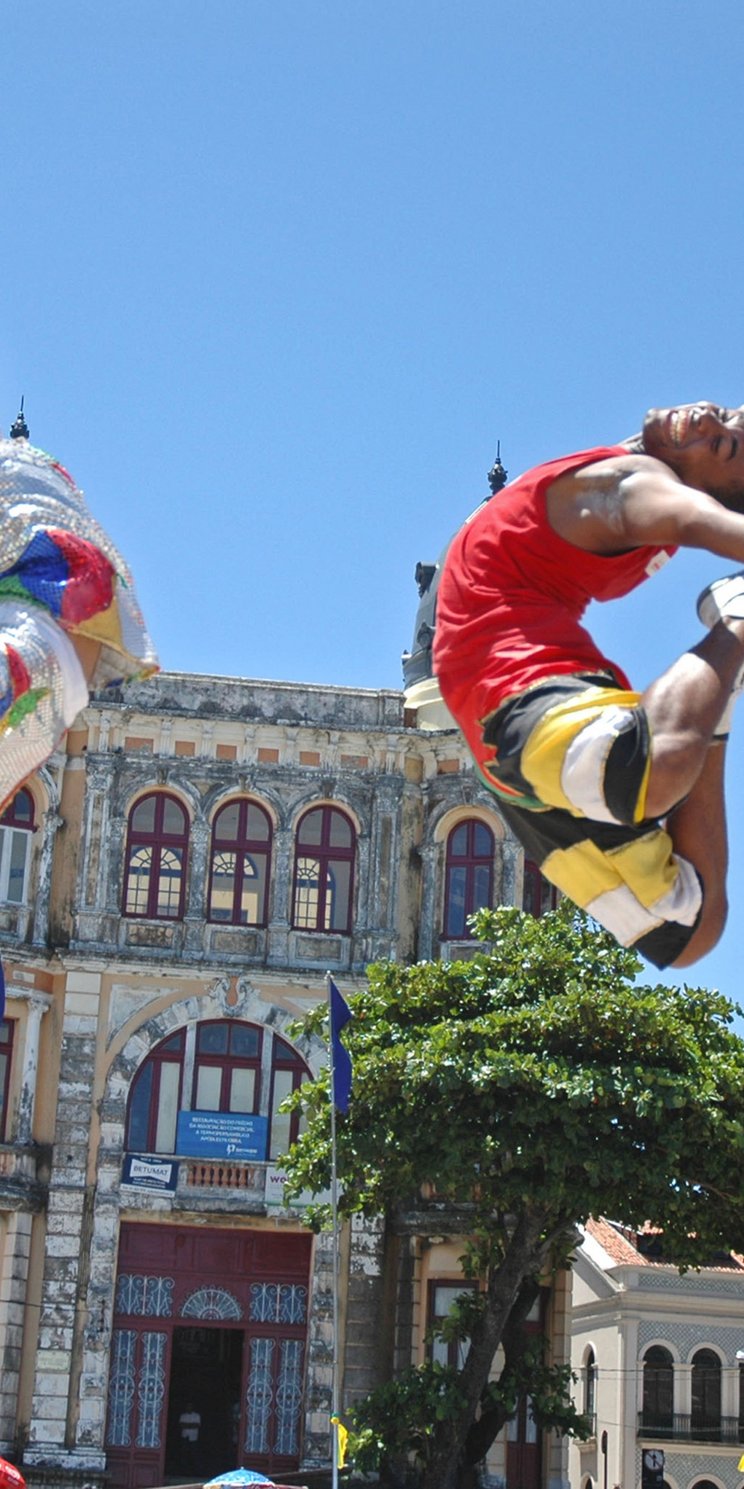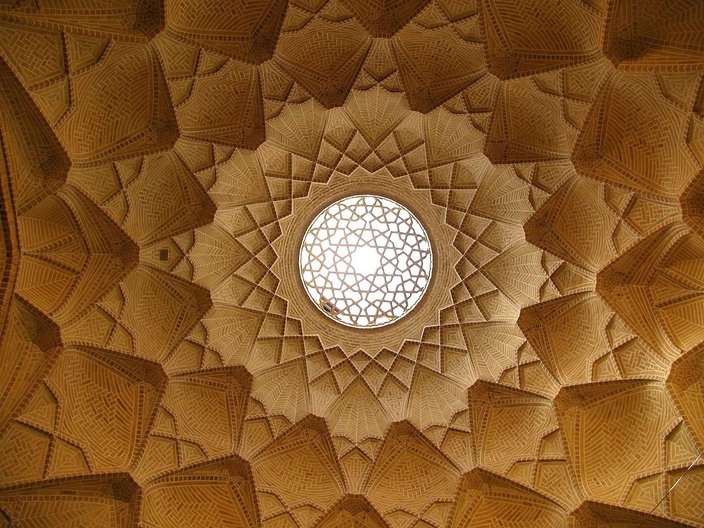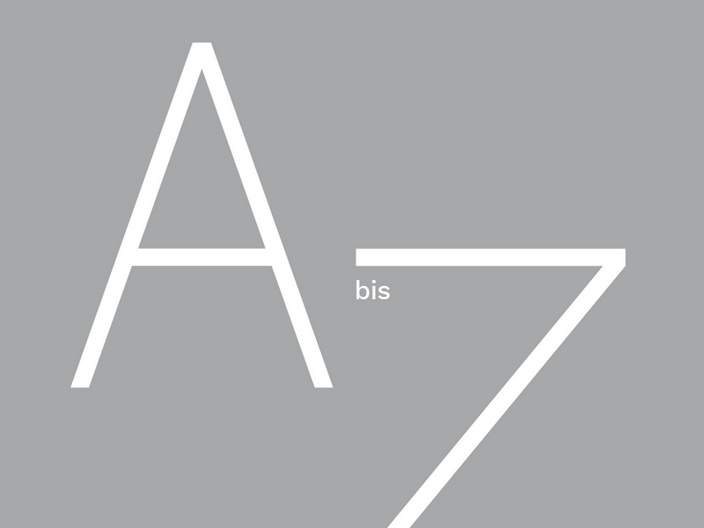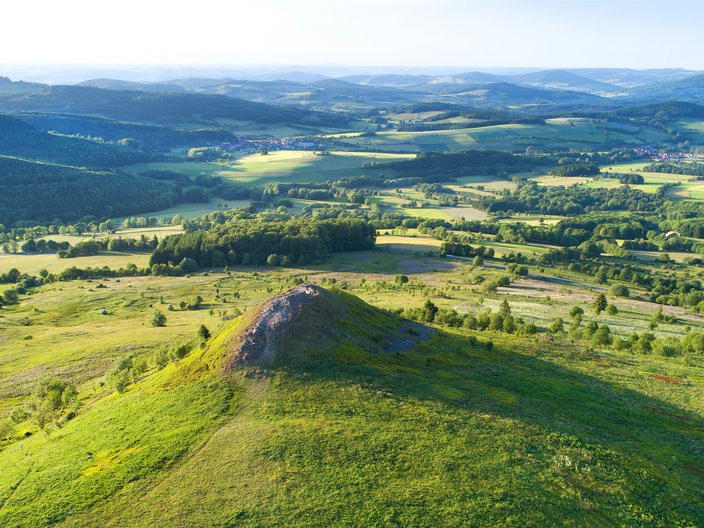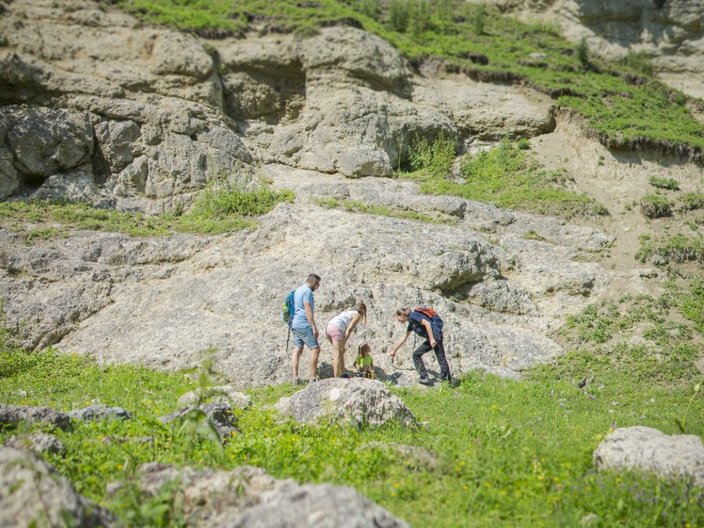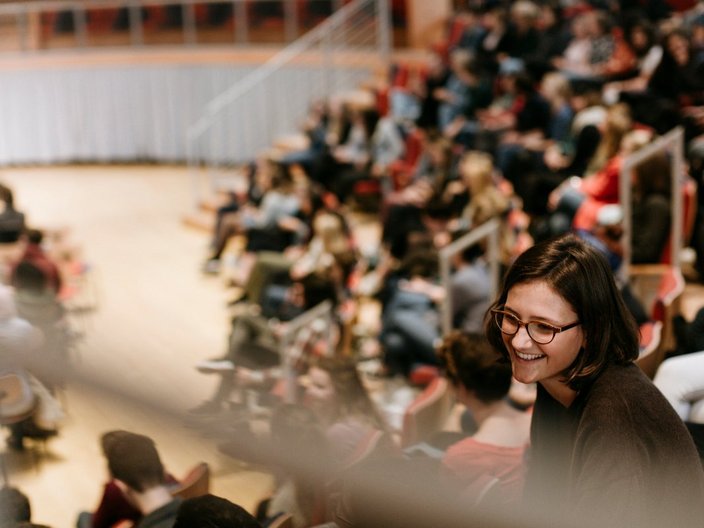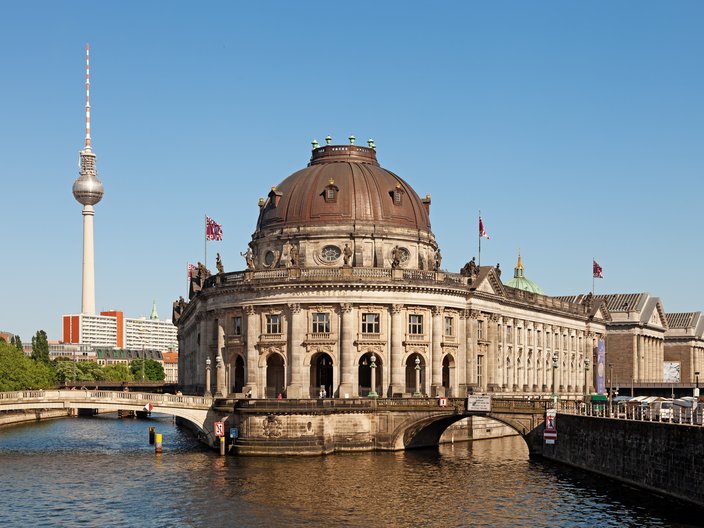People dance, celebrate and sing. They cultivate traditions, relationships and their environment. All the while, they preserve and continue to shape their cultural heritage by passing their knowledge and abilities to the next generation. The 2003 UNESCO Convention for the Safeguarding of the Intangible Cultural Heritage promotes the visibility of this living heritage and its development, e.g. through the international UNESCO Lists or the National Register of Intangible Cultural Heritage in Germany.
Intangible cultural heritage worldwide
There are already over 700 entries on the international UNESCO Lists. These include violin craftsmanship in Cremona, rumba in Cuba, the Zaouli dance in Côte d’Ivoire, Pinisi boatbuilding in Indonesia and the traditional system of Peru’s water judges – all of which have been added to UNESCO’s List of Intangible Cultural Heritage. Germany is represented with several entries as well.
Browse the international UNESCO ListsExternal link:
Intangible cultural heritage in Germany
Germany adopted the UNESCO Convention for the Safeguarding of the Intangible Cultural Heritage in 2013. This step demonstrated Germany’s appreciation for and recognition of traditional knowledge and skills. The aim is to preserve, foster and promote the diversity of Germany’s living heritage.
Learn more about the National Register of Intangible Cultural Heritage in Germany External link:
Contact
-
Geschäftsstelle Immaterielles Kulturerbe
Deutsche UNESCO-Kommission
- Phone:
- +49 228 60497-110
